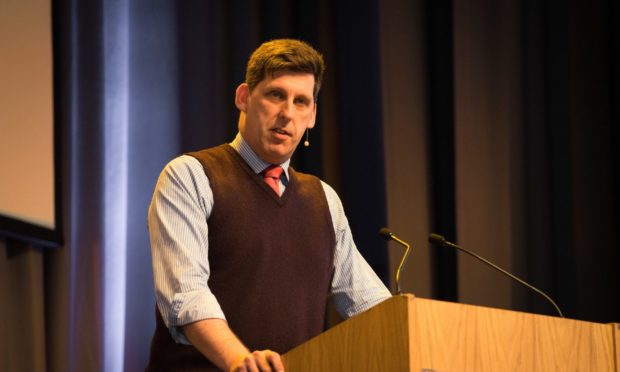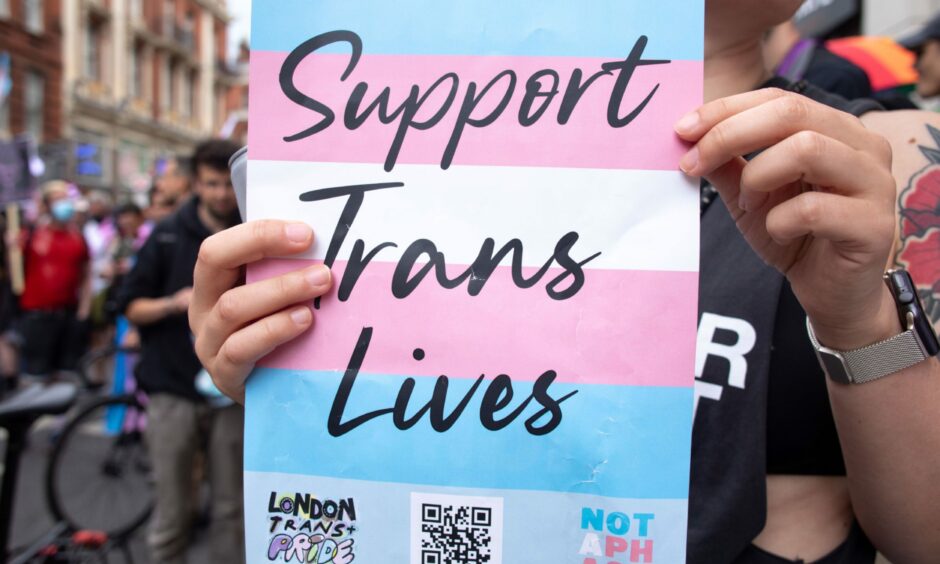The deputy speaker of the House of Lords has called for “more sympathy” for trans people, after sharing the loss of his brother to ovarian cancer.
Lord Ian Duncan, former Conservative Minister, paid tribute to his brother Sean, a transgender man who died from ovarian cancer, as an “extraordinary individual”.
He began transitioning in the 1990s but would later emigrate to Virginia in the US before he had any internal surgeries to remove his uterus or ovaries.
Speaking to BBC Good Morning Scotland, Lord Duncan said there are “genuine risks” to trans people without proper discussion of the health issues they may face.
The former minister for climate change, who grew up in Alyth, Perthshire, said: “I think my mother would have described him as an individual that was born in the wrong body and a journey began and that journey wasn’t completed.
“And as a consequence of that and some other complications involving a time in America, ovarian cancer took hold, it went into remission and then eventually was not beaten and Sean passed away.”
In an emotionally-charged interview with the i, Lord Duncan said that when he came out as gay to Sean, the elder sibling was “very supportive”.
He admitted he had thought for a long time before deciding to share his brother’s experience but wanted to prevent others dying like Sean did, at the age of 48.
‘Real people with real problems’
Asked about some of the health challenges faced by trans people, the former MEP told the BBC that a “a lot of people full stop are not screened” for cancers they may one day develop.
“This becomes even more complicated as people transition because clearly they’re leaving behind an old self and becoming a new self and how that is affected in your medical records, how comfortable they are in recognising that and equally how the screening programme captures them going forward is absolutely critical”, he added.
Lord Duncan said he thinks the situation has become “more difficult” for trans people in recent years, stating “these are individuals, they’re not caricatures”.
He added: “They’re real people with real problems and the NHS is doing what it can but more needs to be done.
“It’s difficult enough to go through that journey, the mental anguish, the challenges of family, the difficulty of the workplace, all of these are real.
“But when the health aspect is brought in, when there are genuine risks then it’s even more important for this debate to have proper discussion.”

